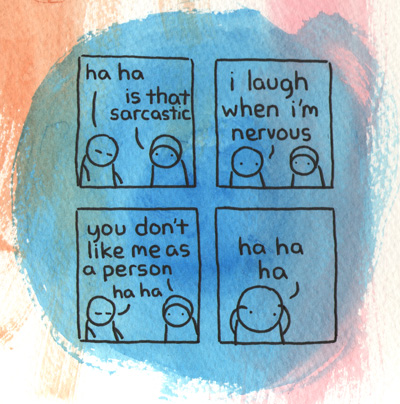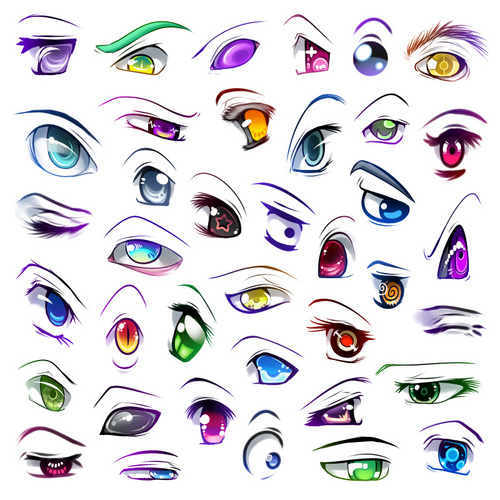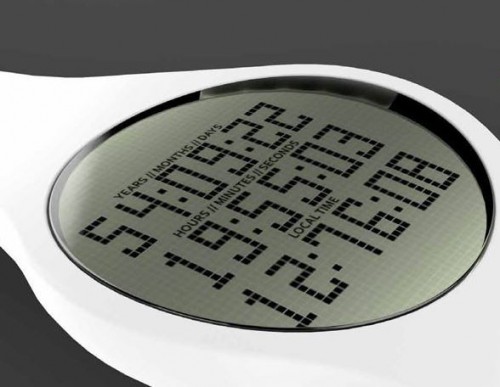
This is a cross-post from my research blog, Its Her Factory.
This week in my graduate seminar we talked about resilience discourse. I’ve written about resilience before, and the concept is a key theme in my forthcoming book with Zer0 Books. It’s also, as I understand, a trendy and common concept in programming and IT. For an introduction to the concept, you can refer to the blog post I cited a few sentences ago, or Mark Neocleous’s article in Radical Philosophy.
Here I want to focus on the question of critical alternatives to resilience. Resilience is and has long been a way that marginalized and oppressed people respond to, survive, and thrive in the midst of oppression. But now that resilience has been co-opted so that it’s a normalizing rather than a revolutionary/critical/counter-hegemonic practice, how does one respond to, survive, and thrive without being or practicing “resilience”?










